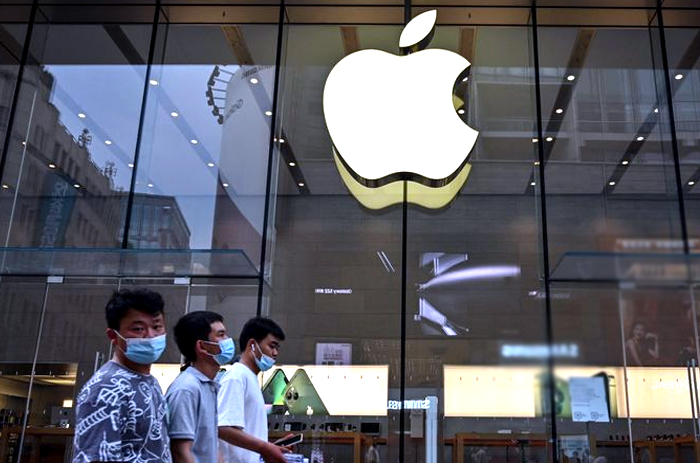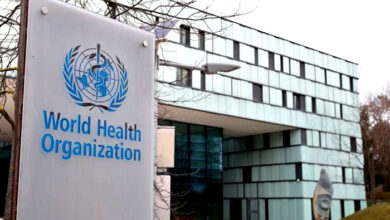Due to COVID restrictions, a large plant in China could make 30% fewer iPhones.

Taipei A person with direct knowledge of the situation said on Monday that tightening COVID-19 restrictions in China could cause iPhone production at one of the world’s biggest factories to drop by as much as 30% next month.
Foxconn, which used to be called Hon Hai Precision Industry Co. Ltd., is trying to make up for the shortfall by increasing production at another factory in Shenzhen city, said the person, who did not want to be named because the information was private.
Related: According to the Nikkei, Aplpe intends to use TSMC’s latest chip technology in its iPhones and Macs.
Its main plant in Zhengzhou, China, which employs about 200,000 people, has been affected by strict measures to stop the spread of COVID-19. Over the weekend, several workers left the site.
The possible effect on production comes at a time when electronics makers are usually busy getting ready for the holiday season at the end of the year, which is also a busy time for companies like Apple.
Foxconn said on Sunday that it was getting the situation under control and would work with other plants to coordinate back-up production to limit any damage. On Monday, its share price fell 1.4%, while the market as a whole rose 1.3%.
Apple didn’t answer when asked for a comment.
Fubon Research in Taipei said this month that Foxconn is the biggest iPhone manufacturer for Apple. The company makes 70% of all iPhones shipped around the world, which makes up 45% of the Taiwanese company’s revenue.
It also makes the device in India, but its Zhengzhou factory is where most of what it sells around the world is put together.
A second person who knew what was going on said that there were still a lot of workers at the Zhengzhou plant and that production was still going on.
THE RULES OF COVID-19 ARE STRICT.
Under China’s zero-COVID-19 policies, which are very strict, local governments must act quickly to stop outbreaks, which can include full-scale lockdowns.
In affected areas, factories are often allowed to stay open as long as their workers live and work on-site. This is called a “closed loop” system. Businesses have said such arrangements pose numerous difficulties.
On Oct. 19, Foxconn told workers at its Zhengzhou plant that they had to eat their meals in their rooms instead of the canteens. Production was fine, it said.
People who said they worked at the site complained on social media about how they were treated and what they were given.
Hundreds of people left the site over the weekend, and photos and videos posted on social media appear to show Foxconn workers walking through fields during the day and along roads at night. Reuters couldn’t tell right away if the posts were real or not.
Foxconn hasn’t said if any of the Zhengzhou workers have been diagnosed with COVID-19. Since October 19, 264 cases of COVID-19 that have been spread locally have been reported in Zhengzhou, the capital of central Henan province.
As the number of cases in the southern city of Shenzhen rose, Foxconn took steps to close the loop in March and July of this year at its smaller factory there.
Related: Analysis: The challenging part is now for Twitter CEO Elon Musk.
In May, chaos broke out at the Shanghai plant of another Apple supplier, MacBook assembler Quanta Computer Inc., when COVID-19 cases were found, even though a closed-loop system was in place.
(The headline has been changed to make it clear that the number refers to the output of a single factory.)





